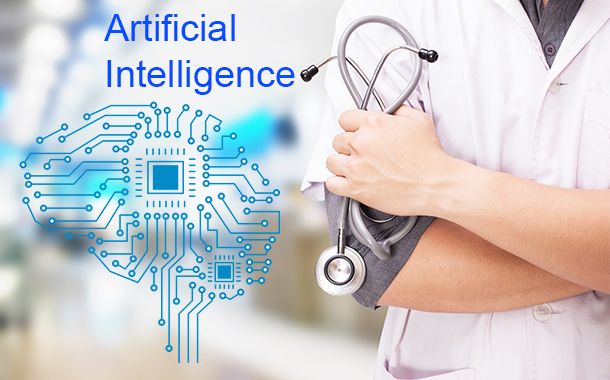Let’s seE how AI is applied in health and what you can bring at MFR19 BY submitting the Call4Makers and #maketocare!
A case study
In southeast England, patients discharged from a group of hospitals are being fitted with a Wi-Fi-enabled armband that remotely monitors vital signs such as respiratory rate, oxygen levels, pulse, blood pressure, and body temperature.
The AI pilot is targeting what Harvard Business School Professor and Innosight co-founder Clay Christensen calls “non-consumption”.
These are opportunity areas where consumers have a job to be done that isn’t currently addressed by an affordable or convenient solution.
Before the U.K. pilot for instance, home monitoring had involved dispatching hospital staffers to drive up to 90 minutes round-trip to check in with patients in their homes about once per week.
Algorithms Challange
But with algorithms now constantly searching for warning signs in the data and alerting both patients and professionals instantly, a new capability is born: providing healthcare before you knew you even need it.
The biggest promise of AI – Artificial Intelligence — accurate predictions at near-zero marginal cost — has rightly generated substantial interest in applying AI to nearly every area of healthcare.
But not every application of AI in healthcare is equally well-suited to benefit.
Moreover, very few applications serve as an appropriate strategic response to the largest problems facing nearly every health system: decentralization and margin pressure.
AI Tools
Take for example, medical imaging AI tools — an area in which hospitals are projected to spend $2 billion annually within four years.
Accurately diagnosing diseases from cancers to cataracts is a complex task, with difficult-to-quantify but typically major consequences.
However, the task is currently typically part of larger workflows performed by extensively trained, highly specialized physicians who are among some of the world’s best minds.
These doctors might need help at the margins, but this is a job already being done. Such factors make disease diagnosis an extraordinarily difficult area for AI to create transformative change.
And so the application of AI in such settings — even if beneficial to patient outcomes — is unlikely to fundamentally improve the way healthcare is delivered or to substantially lower costs in the near-term.
However, leading organizations seeking centralize care can deploy AI to do things that have never been done before.
Do you wanto to know more? Read Here



















































































